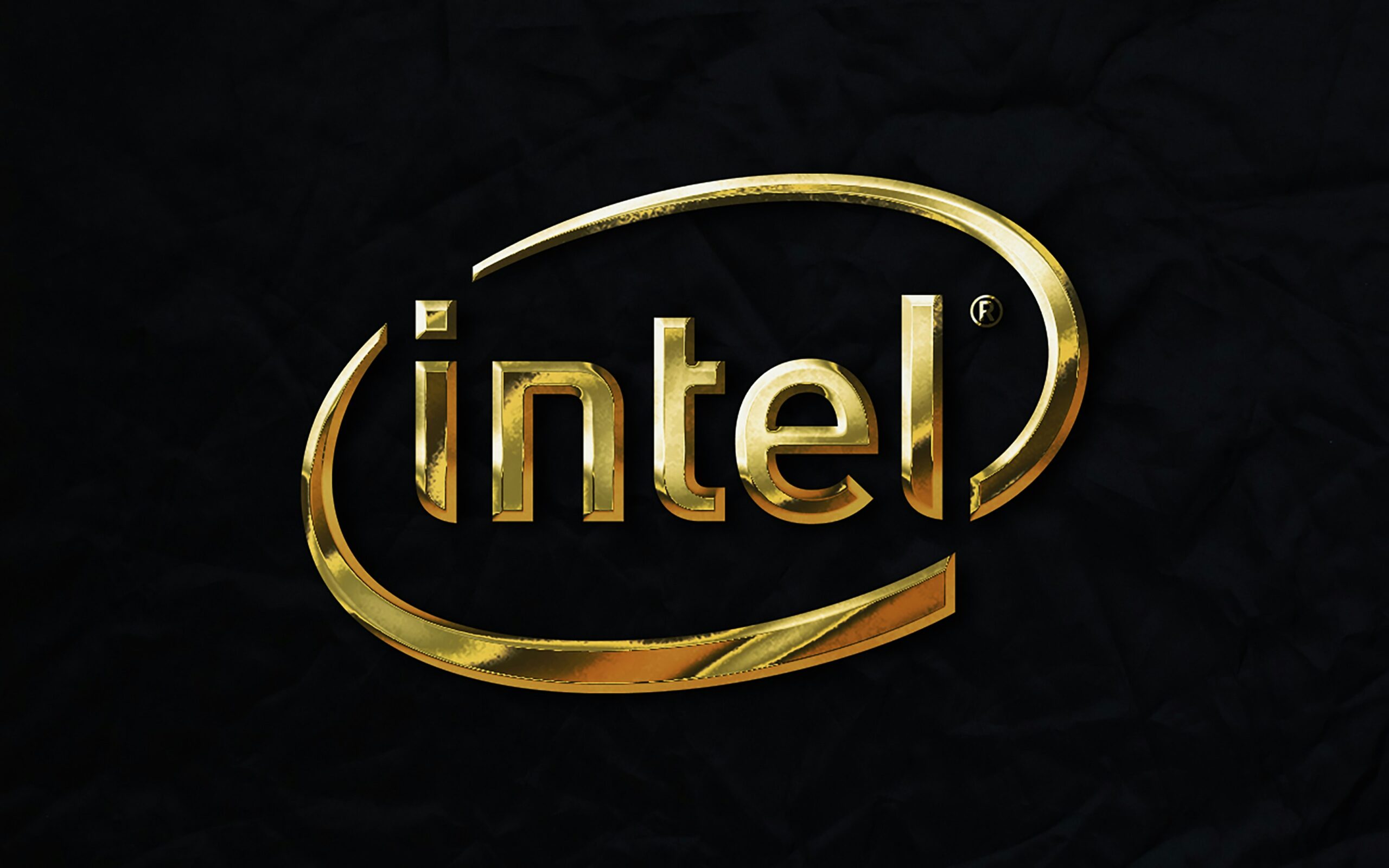Trump Considers Ban on DeepSeek: Impact on U.S.-China AI Rivalry
The Trump administration is reportedly considering a sweeping set of restrictions on DeepSeek, a fast-growing Chinese AI lab. According to The New York Times, this could include:
- Blocking DeepSeek from purchasing Nvidia’s AI chips, and
- Potentially barring Americans from accessing DeepSeek’s AI tools.
This marks a new phase in the ongoing U.S.-China tech rivalry, with AI now becoming the main battlefield.
Why DeepSeek Is Under Scrutiny
Founded in China, DeepSeek has gained rapid traction in the global AI space, especially in the U.S. due to its affordable, high-performing AI models. Its growing popularity has forced many Silicon Valley companies to lower prices to stay competitive.
However, the lab’s rise hasn’t come without controversy:
- Intellectual Property Concerns: OpenAI has accused DeepSeek of distilling its models in violation of terms of service.
Details here - National Security Risks: U.S. officials are concerned about how DeepSeek’s AI capabilities could be used in surveillance, cyber operations, or misinformation campaigns.
Nvidia’s Role in the Conflict
Nvidia, the leading provider of AI chips, plays a central role in this geopolitical standoff. On Tuesday, the White House expanded its restrictions on Nvidia’s H20 chip exports to China.
Read the full report: Nvidia Chip Restrictions – NYT
These high-performance chips are essential for training large AI models. If DeepSeek loses access to them, its growth and competitiveness could take a significant hit.
Why the Trump Administration Is Acting Now
Several strategic motives are driving this potential move:
- AI Superiority: The U.S. sees AI leadership as crucial to future economic and military dominance.
- China’s Rapid Progress: China has been making significant strides in AI, challenging U.S. dominance.
- Election Mandate: With the return of the Trump administration, there’s a renewed push for tougher China policies across trade, tech, and security.
Impact on U.S. Developers and the AI Ecosystem
If the U.S. proceeds with a DeepSeek ban:
- Developers may lose access to cheaper, advanced AI models.
- Silicon Valley companies could face less pricing pressure in the short term.
- Innovation may slow, especially among startups relying on affordable alternatives like DeepSeek.
This could also increase dependency on a handful of U.S.-based AI labs such as OpenAI, Anthropic, and Google DeepMind.
Broader Implications: Toward a Tech Cold War?
The situation reflects a larger trend — the fragmentation of the global AI ecosystem:
- Decoupling of U.S. and Chinese AI markets
- Rise of national AI strategies over open collaboration
- More restrictions on cross-border AI research and commerce
This trend, if continued, could lead to a new kind of digital Cold War.
Conclusion
The Trump administration’s consideration of a ban on DeepSeek isn’t just about one company — it’s about defining the future of global AI leadership. Whether this move will successfully protect U.S. interests or hinder innovation remains to be seen.
As China continues to invest heavily in AI, and the U.S. tightens restrictions, we may be witnessing the early stages of a high-stakes geopolitical showdown that will shape the next decade of technology.





